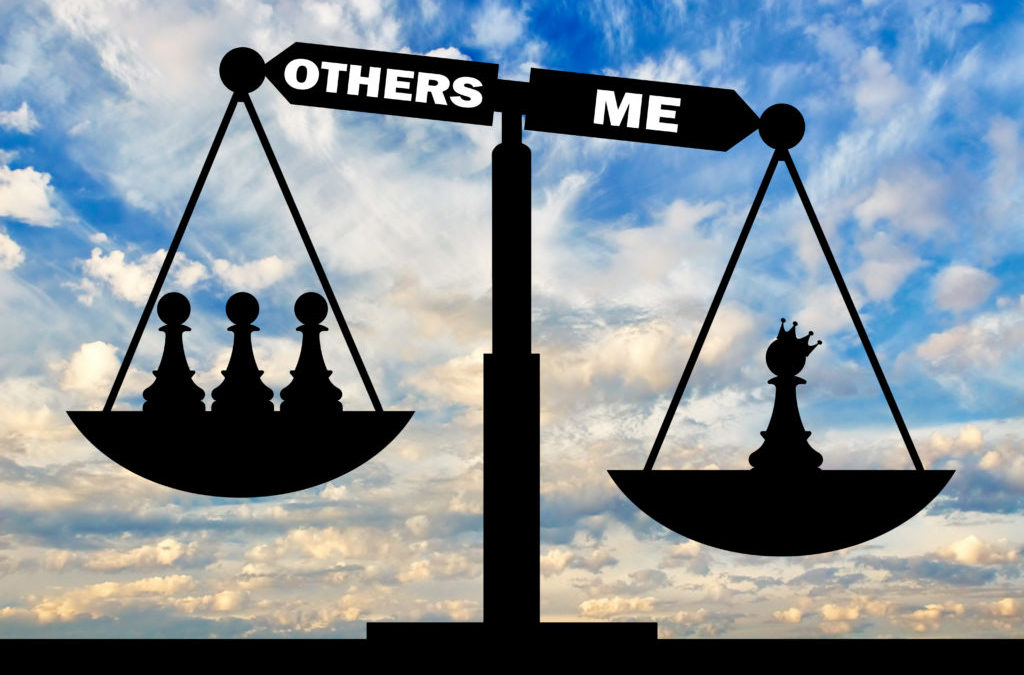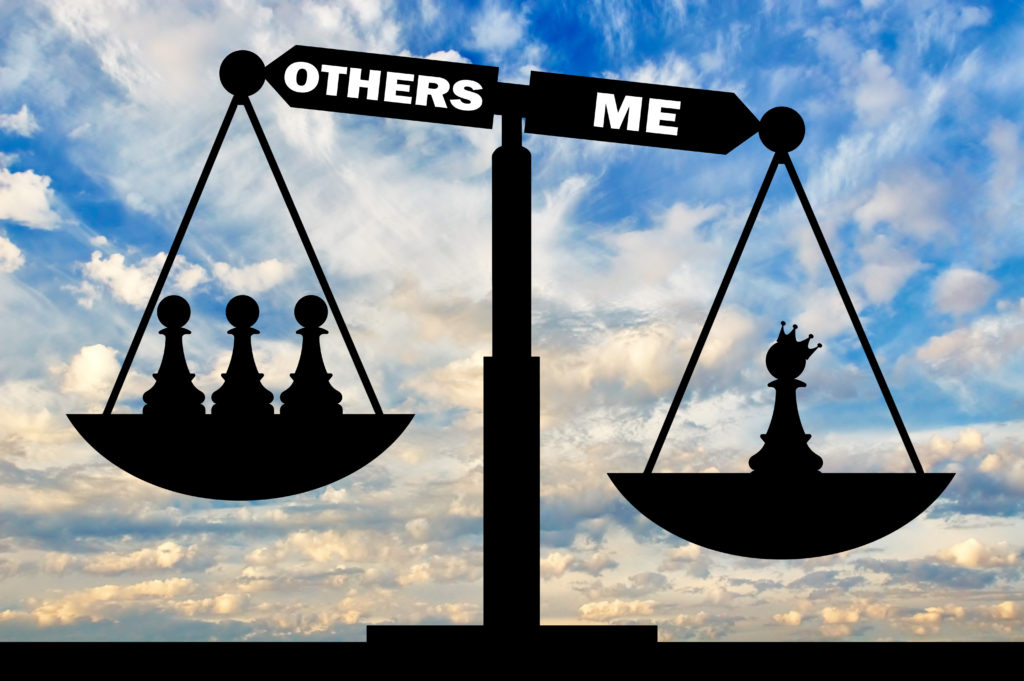Quick HitsDaily brief research updates from the cognitive sciences ne differentiating factor with human beings is our pro-sociality. This means we are a social species, and this sociality is seen in our ability to empathise, be socially tolerant,...

Unique Social Genes in Human Beings
Quick Hits
Daily brief research updates from the cognitive sciences

One differentiating factor with human beings is our pro-sociality. This means we are a social species, and this sociality is seen in our ability to empathise, be socially tolerant, but also in our cooperation and altruism.
The question then comes: what drives this behaviour and is this really different to other species? The second question is whether this is also different to other earlier human forms such as Neanderthals and Denisovans. To find that out researchers at the University of Barcelona did a genetic analysis of non-human primates such as chimpanzees and bonobos and also archaic humans.
How did they do this?
First off, they focused on genes that they know contribute to this pro-sociality. We know that these come along two pathways and are related to Oxytocin and Vasopressin (see box at end of article) – both of these hormones are heavily involved in various social behaviours such as friendship and romantic bonding, but also trust and loyalty.
Next was to identify functional sites of these genes and to see compared to other species and archaic humans if there were any differences.
What did they find?
They found, first, differences to modern and archaic human beings and non-human primates showing that various social functions seem to be different in modern or archaic humans.
Second, they found that there are two sites whereby modern human beings differ to archaic human beings showing that our sociality has also developed over time. It suggests that modern human sociality is much higher, or more advanced, and this is also likely one of the reasons why modern human beings have evolved and possible outcompeted other earlier human lines.
Third, these sites are also regions that are active in the brain particularly an area called the cingulate cortex which is a site that is associated with multiple social processing networks in the brain but also social deficits.
Human being, social being
So, all in we can see that human beings are social like many species, but that we differ in genetic expression to non-human primates but also to archaic humans. It is indeed our oxytocin that makes us particularly social and allows us to coordinate in groups, build a wide variety of friendships, to bond with others, to empathise, and to be charitable. There is also a downside to this, such as coordinated violence, which I explore in my article here on oxytocin.
So, all this points to, yes, human beings are special, and especially because of our sociality●
Oxytocin – the cuddle hormone?
Oxytocin, a hormone and neuromodualtor, has received a lot of popular press over the years. One of these reasons is that it is invovled in many aspects of sociality. This attracted a lot of publicity when it was found that in voles, field mice, that mongamy and loyalty between pairs of voles was directly influenced and could be manipulated by oxytocin. Increase oxytocin and they become more monogamous and loyal to each other, and reduce oxytocin and this decreases. Was this the key to monogamy?
Well, kind of, but, as with all things, it is more complicated than that. But the upshot of this was a bunch of resarch into oxytocin that showed how it could influence bonding, feelings of warmth, and cuddling. It was also noted that many of these things in turn stimuatle oxytocin such as stroking your baby, a romantic partner, or even your pet.
Research then also branched into economic scenarios with some research showing oxytocin increases trust between strangers in financial scenarios.
Oxytocin is definitely strongly related to many social functions but also many physiolgical functions – it stimulates labour in women during childbirth and promotes milk production in new mothers. But oxytocin has also other effects – read here for a more detailed overview.

Andy Habermacher
Andy is author of leading brains Review, Neuroleadership, and multiple other books. He has been intensively involved in writing and research into neuroleadership and is considered one of Europe’s leading experts. He is also a well-known public speaker speaking on the brain and human behaviour.
Andy is also a masters athlete (middle distance running) and competes regularly at international competitions (and holds a few national records in his age category).
Reference
Constantina Theofanopoulou, Alejandro Andirkó, Cedric Boeckx, Erich D. Jarvis.
Oxytocin and vasotocin receptor variation and the evolution of human prosociality.
Comprehensive Psychoneuroendocrinology, 2022; 11: 100139
DOI: 10.1016/j.cpnec.2022.100139
More Quick Hits
Unique Social Genes in Human Beings
Want to Live Longer? Be Optimistic!
Quick HitsDaily brief research updates from the cognitive sciences e probably all know some people who are particularly pessimistic - always putting a negative side to things and expecting the worst outcomes. We probably also know some people who...
How Having Had COVID-19 Negatively Impacts Performance at Work
Quick HitsDaily brief research updates from the cognitive sciences ’m sure we’re all aware of the various negative aspects of having contracted COVID-19 such as long COVID but also the brain fog that seems to have been a feature that many people...
Narcissistic Leaders Block Knowledge Flow and Cooperation
Quick HitsDaily brief research updates from the cognitive sciences arcissism is considered one of the three dark-triad traits and something that has been reported as being common in senior leaders. The important question is can and does this hinder...
The Science of Exposing Liars
Quick HitsDaily brief research updates from the cognitive sciences he one place that we can consistently catch people lying is in job interviews. And the question has long been how do you catch out these liars? The answer is you need to outsmart...
High Traffic Noise at School, Slower Cognitive Development
Quick HitsDaily brief research updates from the cognitive sciences ho would have thought that traffic noise could impact cognitive development of kids? Well according to this recent piece of research it can. Are you sure? Well, these researchers...














